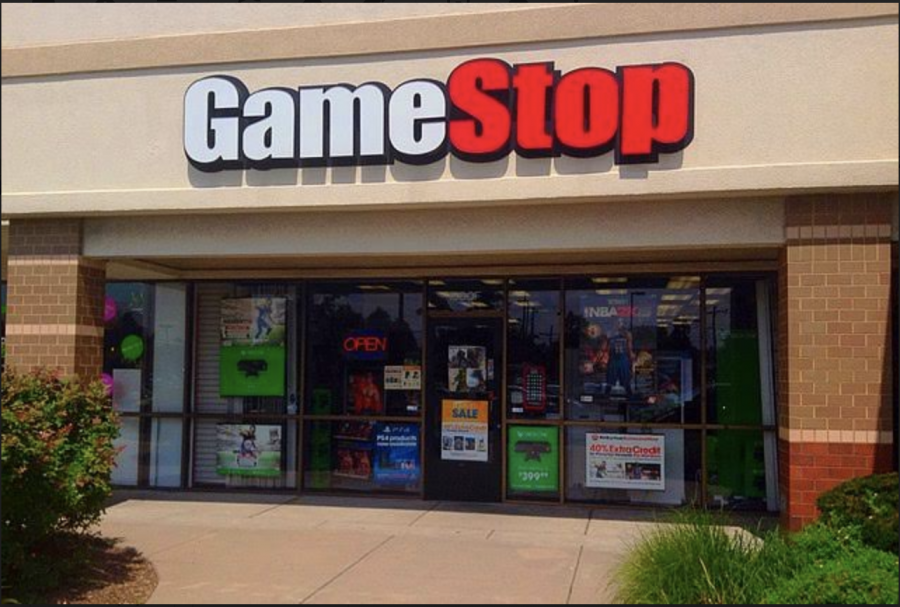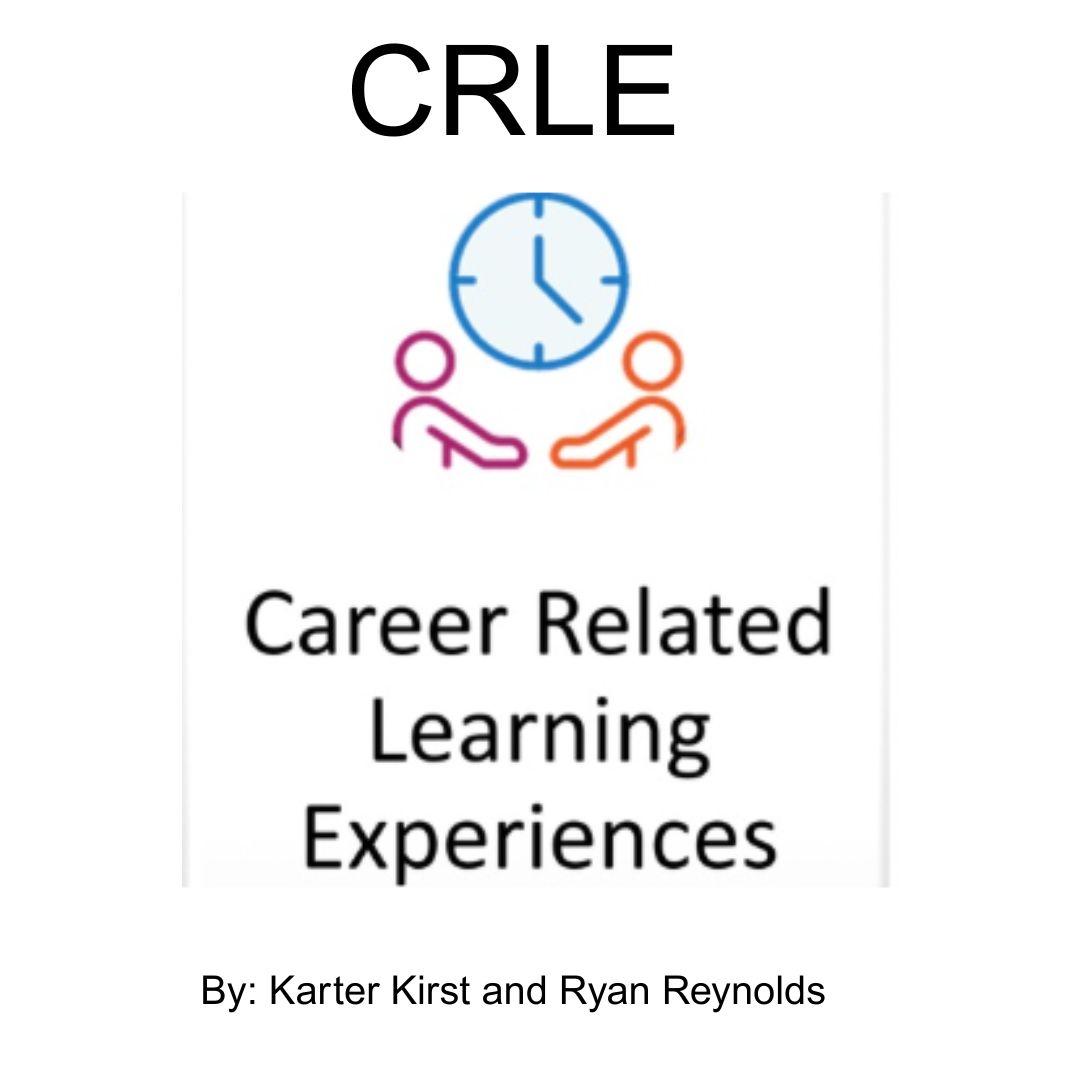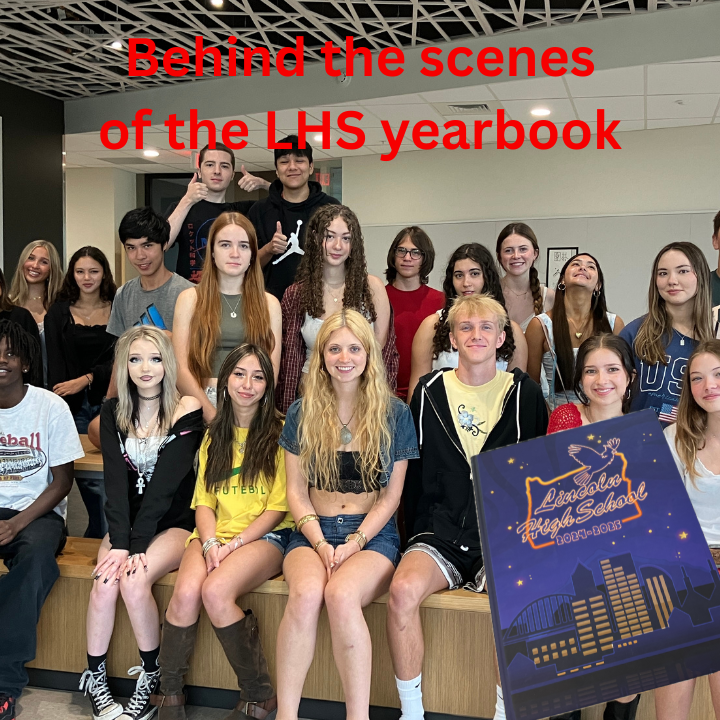What happened to GameStop?
Students at Lincoln talk about their thoughts and opinions on what happened to GameStop.
April 13, 2021
The stock market became a point of fascination this winter when strangers from Reddit banded together to artificially inflate GameStop’s stock when the business was poised to fail. Following this chain of events, the Cardinal Times looked to Lincoln’s business students and teachers to hear their perspectives about this bizarre chain of events.
In late January, GameStop’s stock value was poised to plummet. Many high-level investors and investing firms bet on this happening through short selling, a process where, if successful, these investors would gain money the worse GameStop did in the stock market over a month-long period.
However, a man named Keith Gill believed in GameStop and rallied people through a Reddit forum labeled r/wallstreetbets to invest in GameStop’s stock to inflate its value. It worked, hurting the large investors and investing firms because when short-sellers bet on a company’s downfall and then the company suddenly does well, they begin to lose money.
Sophomore Alyssia Menezes, a member of the Future Business Leaders of America (FBLA) club, believes that raising the price on GameStop was a good thing.
“I think that [the rise in GameStop stock prices] was very interesting because it showed that, even though large companies have had such a hold on the stock market for years, it is possible for everyday ‘dumb investors’ to make a change in the stock market and even profit off of it,” Menezes says. “However, I think that even though it was an interesting thing in the short term, everyday investors aren’t going to take over the stock market because of this. It’s still mostly going to be in the hands of large [investing] firms.”
However, Menezes believes Keith Gill’s method of getting investors to create big trends in the stock market was a very risky move.
“If Keith [Gill] wasn’t able to get such a large audience to [force companies who shorted GameStop to have to sell their stock to cut their losses], these companies that invested in it would probably just continue to short the stock and they wouldn’t sell their stock,” she says.
Menezes also believes that GameStop, a video games store once located all over the country, already had a failing business model, and this recent trend in the stock market only slowed the process of their inevitable end.
“You can buy games online, so there’s a genuine reason why the stocks were decreasing before this Gamestop event happened,” she says.
Despite this, Menezes believes that taking part in this once-in-a-lifetime event was a good investment.
“[The people who invested] had a lot of gains to make and became a lot richer because of it,” she says.
Ronald Waugh, Lincoln’s business teacher, however, has conflicted opinions on the matter.
“On the one hand, why not? If they wanna do it, then do it go ahead. But I think a lot of people lost a lot of money,” Waugh says. “It’s really risky, and it’s not what I try to teach, which is investing; that’s really long term. If you wanna go to Vegas or bet on stocks then that’s, to me, gambling, and you shouldn’t play with the rent money with that kind of stuff.”
However, Waugh notes that the risk that comes with gambling on bets or stocks is really the name of the game.
“You take a big risk, and you maybe get a big reward,” he says.
Waugh also says that GameStop has a chance at new life with this recent gain.
“This could be an opportunity for GameStop to really refocus their vision; see what they want to be when they grow up,” he says.
Overall, this assumed “once-in-a-lifetime stock market spectacle” seems to have created an argument about, “Was it worth it?” Did Keith Gill start a revolution, or make a joke that went too far and put hundreds of dollars at risk for a slim chance of success? In Menezes’ words, “I think [GameStop’s stock inflation] was a spectacle; I don’t think it’s gonna happen again.” And while Waugh seems to agree, we never saw something like this coming in the first place, so who’s to say what the future holds.




